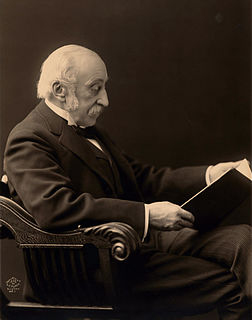A Quote by St. Catherine of Siena
It is impossible to fulfill the law concerning love for Me, God eternal, apart from the law concerning love for your neighbors.
Related Quotes
The Gospel is temporary, but the law is eternal and is restored precisely through the Gospel. Freedom from the law consists, then, not in the fact that the Christian has nothing more to do with the law, but lies in the fact that the law demands nothing more from the Christian as a condition of salvation. The law can no longer judge and condemn him. Instead he delights in the law of God according to the inner man and yearns for it day and night.
Love is the all-or-nothing of the kingdom of God. Above all we are to love (Col. 3:14; 1 Peter 4:8). Everything we do is to be done in love and, thus, communicate love (1 Cor. 16:14). We are to imitate God by living in Christlike love (Eph. 5:1–2), and if we do this, we fulfill the whole law (Matt. 22:37–40; Rom. 13:8–10). If we lack this, everything else we do is devoid of kingdom value, however impressive it might otherwise be (1 Cor. 13:1–3).
Justice is immortal, eternal, and immutable, like God Himself; and the development of law is only then a progress when it is directed towards those principles which like Him, are eternal; and whenever prejudice or error succeeds in establishing in customary law any doctrine contrary to eternal justice.
Grace means that God does something for me; law means that I do something for God. God has certain holy and righteous demands which he places upon me: that is law. Now if law means that God requires something of me for their fulfillment, then deliverance from law means he no longer requires that from me, but himself provides it.










































